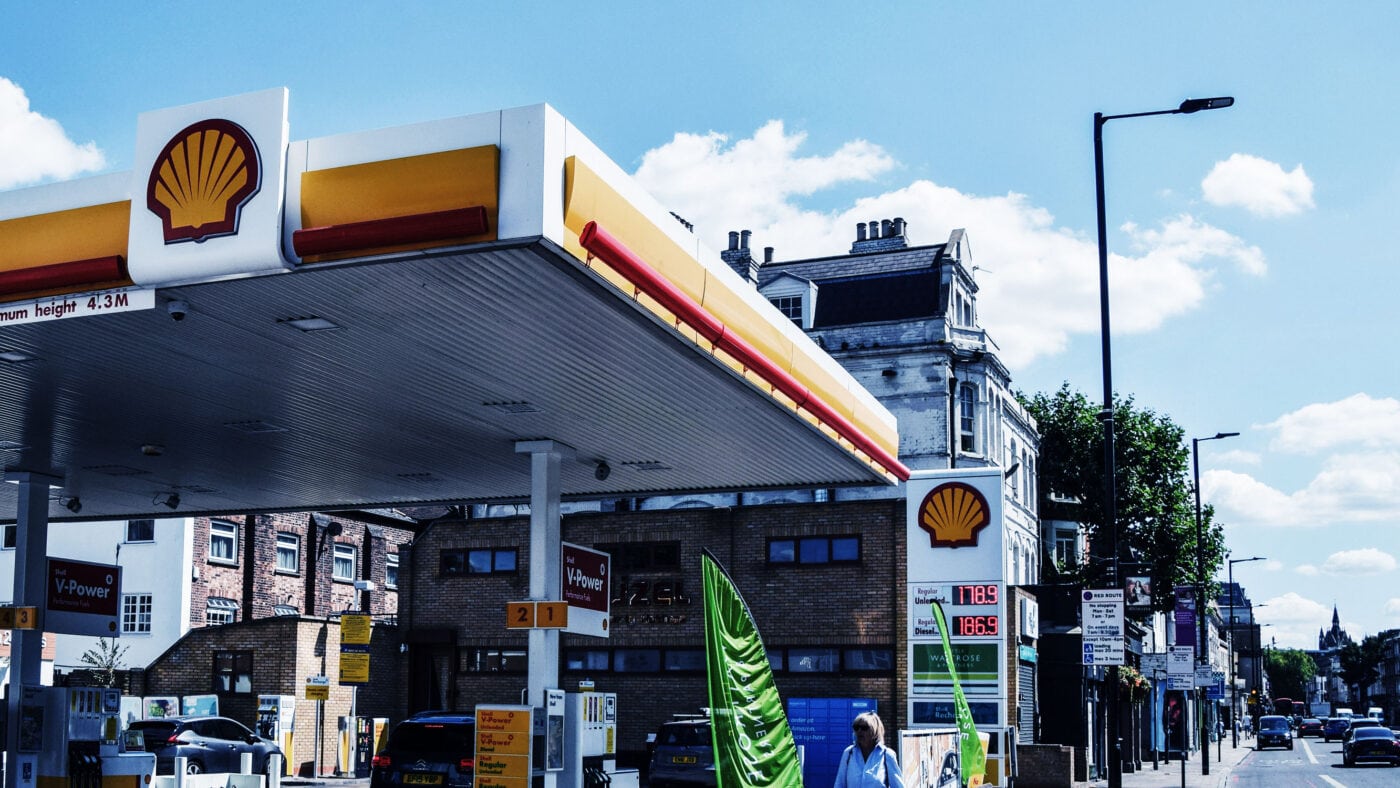In 1833, in Houndsditch in the City of London, a small antique shop, founded by Iraqi Jewish émigrés became a pioneer in a new trade, imported seashells. Nearly 200 years later the successor business, Shell Plc has posted record annual profits of £32.2bn, and paid £10.5bn in global taxes.
Brilliant stuff, this is a tale of entrepreneurial immigrants finding refuge in this fair isle, taking risks, then using both their skill and the UK’s global trading reach to create a lion of enterprise. They were adventurers, they were pioneering techniques in engineering still in use today, they took the risks and reaped the rewards. They co-operated with our European neighbours, using a Dutch merger to take on the American monopolists of Standard Oil. Today’s Eurocrats love talking about making national champions, Shell did it by themselves.
Their products, oil and then gas, have helped create the modern world. They ensure we live longer, healthier lives through affordable access to heat, light, transport, and products refined from fossil fuels such as plastics and pharmaceuticals. Now with climate change and environmental stewardship high priorities for all of us they are reinvesting the dividends of the oil age in the low carbon technologies of the future.
Shell is also a Brexit success story, as the dual entity completed its move to London last year, a vote of confidence in the City that started the journey, and country that made it possible. Their taxes pay for our public services, and their shares provide reliable returns to pension funds that support millions of people’s retirement.
So where is the ticker tape parade for Shell? Why is the mall not kitted out in giant yellow logos while we toast this corporation and their heroic staff for their contribution to all our lives? Why instead is the UK engaged in a competition to smear the greed of their executives, tax their success and, ultimately, drive the company back to the Netherlands.
Opposition figures queue up instead to call the profits ‘outrageous’, as if Shell is somehow responsible for the spike in oil and gas prices since Russia’s invasion of Ukraine. Most absurdly, Lib Dem leader Ed Davey accuses the firm of ‘making these kind of outrageous profits out of [Vladimir] Putin’s illegal invasion of Ukraine’, as if the company was some kind of war profiteering. The clarion call, as ever, is for a ‘proper’ windfall tax, whatever that means.
Labour started this foolish ratchet, pitching the idea that record global commodity prices – beyond the control of any company or Government – justified new taxes. The Conservatives implemented it, and the opposition now demand ratchet increases and back-dating. Both have further sabotaged any prospect of an onshore alternative to the North Sea, with British fracking killed once again in a deal to secure Sunak in Number 10.
Much of this rhetoric is rooted in the ideology of anti-capitalism. The old chimera that profit is exploitation and high profits evidence of abuse. It was given new life in 2011 when then Labour leader Ed Miliband promised to take on ‘fast-buck capitalism’. A narrative that evolved into his infamous ‘predators versus producers’ line, as though a fair tax system could be rooted in the moral preferences of political elites. It was a stance that helped lose him the 2015 election, opened the door to Corbynism, and kept Labour out of power for over a decade. It is beyond bizarre that although today’s language is different, Miliband’s losing prescription is now the consensus. Most Conservative energy policies appear to be written by future Labour ministers, not Conservatives.
The consequences for Britain are entirely predictable. The North Sea windfall tax has already inspired a pause in investment plans for many, and warnings of more to come from companies that include Shell. The taxes won’t raise as much as hoped, and the companies will find ways of minimising their impact. Meanwhile with Labour offering both higher taxes, and uncertainty about worse to come, the collapse will accelerate. Likely coinciding with a peak squeeze on European energy resources in winter next year.
This is a disaster. The only short-term alternative to North Sea resources are imports, which only exposes us further to global and regional price insecurity. Rather than raise revenues on our domestic success we pay the profit taxes of offshore regimes. This will mean fewer resources to fund the low carbon transition, and either higher energy prices or taxes to fund suppressing them.
We are becoming a country obsessed with killing our own industrial success rather than letting it evolve. Climate brats whose ingratitude to those paying our bills is expressed through shrill demands for more until we drive them away. Had nothing else changed since 2020, the tax system we already had would have seen record returns to the Exchequer regardless, and sustained, stability encourages investment. It may already be too late to change this, but if we can’t we need to hear more from both parties about how they’re going to find the next small antique shop with the ambition to change the world.
*Note neither the author nor the Institute of Economic Affairs receives any funding from Shell. The author is an independent Councillor in the City of London whose constituency of Bishopsgate includes Houndsditch.


